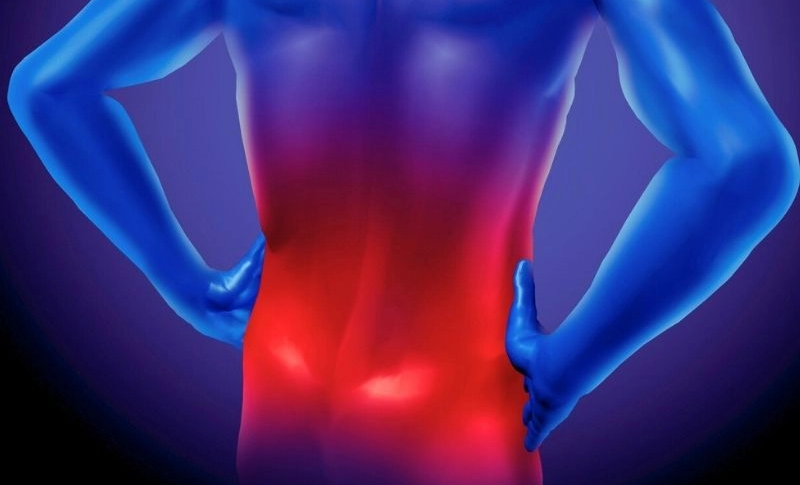Car accidents can result in a variety of injuries, with back injuries among the most common and debilitating. Understanding the types of back injuries that can occur, their long-term impact, and the role of chiropractic care in recovery is essential for anyone who has experienced a car accident.

Types of Car Accident Back Injuries
Car accidents can subject the spine and surrounding tissues to sudden and forceful movements, leading to a range of back injuries. Some of the most common injuries include:
Whiplash
While often associated with neck injuries, whiplash can also affect the upper back and shoulders. It results from the rapid back-and-forth motion of the head and neck during a collision, causing strain on the muscles and ligaments of the upper spine.
Herniated Discs
The impact of a car accident can cause the discs between the vertebrae to bulge or rupture. This can lead to nerve compression, resulting in pain, numbness, or weakness in the back, legs, or arms.
Spinal Fractures
High-impact collisions can fracture the vertebrae, which are the bones that form the spine. Fractures can vary in severity, from hairline fractures to more serious compression fractures that may require surgical intervention.
Sprains and Strains
These are common soft tissue injuries that involve stretching or tearing of the muscles (strains) or ligaments (sprains) in the back. They can cause pain, stiffness, and limited range of motion.
Soft Tissue Injuries
Beyond sprains and strains, car accidents can cause damage to the soft tissues surrounding the spine, such as muscles, tendons, and connective tissues. These injuries can result in persistent pain and discomfort.
The Long-Term Impact of Back Injuries
The long-term consequences of back injuries sustained in car accidents can vary depending on the severity and type of injury. Some long-term effects include:
- Chronic Pain: Back injuries can lead to ongoing pain and discomfort, impacting daily activities and quality of life.
- Reduced Mobility: Severe injuries or improper healing can result in reduced range of motion and flexibility in the spine.
- Degenerative Changes: Injuries like herniated discs or fractures can accelerate degenerative changes in the spine over time, leading to conditions like arthritis or disc degeneration.
- Nerve Damage: Injuries that involve nerve compression or damage can cause persistent numbness, tingling, or weakness in the back, legs, or arms.
- Emotional Impact: Chronic pain and disability from back injuries can also lead to psychological effects such as depression, anxiety, or frustration.
Back injuries caused by car accidents can have long term implications for an individual’s health and well-being. Understanding the types of back injuries that can occur, their long-term effects, and the benefits of chiropractic care in recovery is essential for making informed decisions about treatment. Seeking prompt evaluation and treatment from a chiropractor can help alleviate pain, restore mobility, and support the healing process following a car accident-related back injury. Always consult with healthcare professionals to determine the most appropriate course of action based on your injury and medical history.




